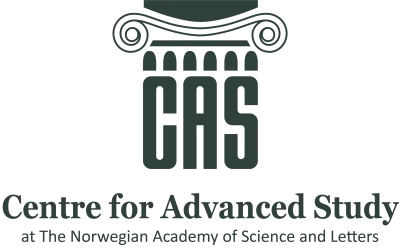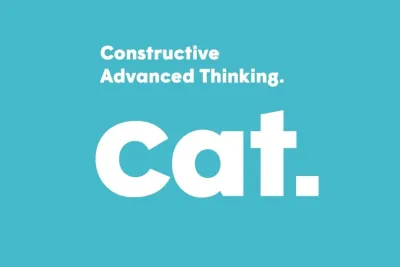As funding challenges continue to impact the humanities and social sciences, CAS is taking proactive steps to support researchers in these disciplines. In partnership with Riksbankens Jubileumsfond (RJ), CAS is pleased to offer the Nordic Fellowship Program, a unique program designed to foster academic collaboration and mobility across the border between Sweden and Norway. The program has two available slots for the academic year of 2026/2027.
Through this initiative, researchers from Swedish research institutions within the humanities and social sciences have an exceptional opportunity to apply for research stay for a semester at CAS.
RJ fellows receive a fully paid sabbatical, with all administrative arrangements managed by CAS. The fellowship covers accommodation in Oslo and travel to and from the researcher’s home institution in Sweden and provides the fellow with the same exceptional academic environment, support, and resources as all CAS fellows.
The RJ fellowship gives the selected fellow the opportunity to concentrate on their own research interests while also being an active member of the research community at CAS. Freed from the obligations of academic life, the fellow will conduct the project of their choice in an interdisciplinary environment.
To qualify, the applicant must have completed a PhD and have a tenured academic position in the humanities and/or social sciences at a Swedish research institution. The RJ fellow must have a research experience of a minimum of 4 years after completion of the PhD and relocate to CAS in Oslo for the research period.
The selection is based on scientific quality, the applicant’s merits, the project’s alignment with CAS’ mission as well as the match with the CRG projects and cohort of fellows of the 2026/2027 academic year.
A generous service platform and a unique research infrastructure
CAS provides a unique research infrastructure, an extensive service platform and an inspiring, collegial atmosphere. This includes:
- Office space in a well-equipped office.
- Well-equipped seminar rooms with video conferencing equipment.
- IT and library services.
- Subsidised lunch in the Centre’s Turret room.
- Pleasant accommodation within walking distance of the Centre.
Successful applicants will submit a proposal that clearly formulates:
- the specific visions and research goals of the project.
- the project's potential as a contribution to excellent basic research.
- the added value of joining the CAS community
The project description should count no more than four pages (excluding the list of references) and should begin with a section of approximately 400 words addressed to readers outside your specific field of research. The remaining pages should be directed towards specialists in your field. List of references is limited to one page. The project description must:
- Clearly state the hypotheses and/or research question(s) the project seeks to explore
- Describe the purpose and objectives of the project, and how it aligns with CAS’s mission
- Outline the theoretical framework and methodology
- Provide an overview of the most significant work within the research area and explain how the proposed project will contribute to the research front.
- Detail the expected outcomes to be achieved during the grant period and as a result of the funding.
- Provide a research plan that shows how the research at CAS will be conducted and organised to achieve the objectives of the project.
- Indicate the preferred semester (15 August – 15 December, 15 January – 15 June)
Additional documents to be included in the application:
- A CV which includes a publication list. No more than four pages in total. Download template here >
- A brief ethical self-assessment (no more than half a page) certifying that you are familiar with the relevant ethical guidelines. Please read our guidelines for ethics in research >
- A letter of support from the head of section at your home institution.
The application must be submitted to application
 cas-nor [dot] no (subject: Application%20for%20RJ%20Fellowship) (application[at]cas-nor[dot]no).
cas-nor [dot] no (subject: Application%20for%20RJ%20Fellowship) (application[at]cas-nor[dot]no).
All documents should be written in English and saved as PDF files.

